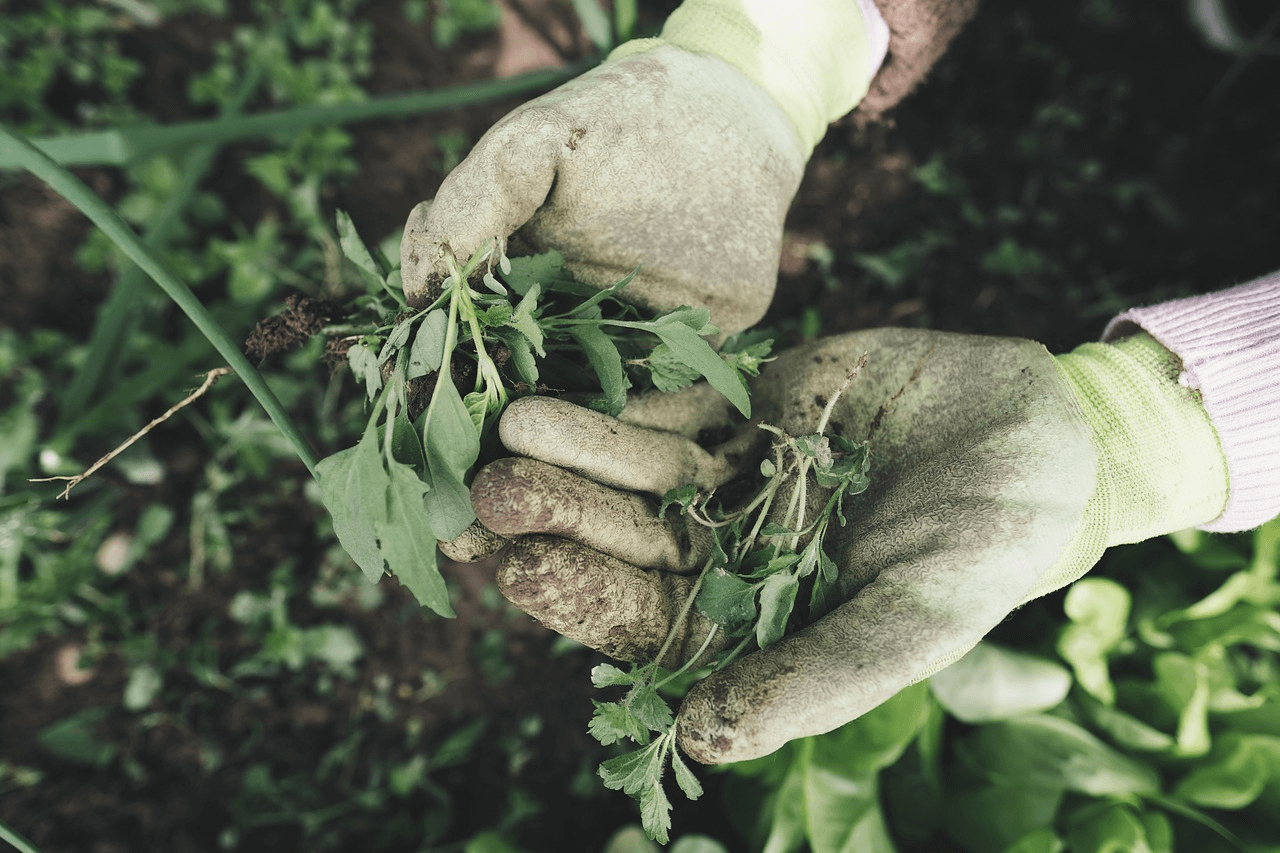Gardening is a pastime that has multiple benefits for seniors - which is why it tends to be one of the most popular hobbies!
There’s the general sense of satisfaction you get from watching your plants grow, but also the fact that gardening is an excellent form of exercise. It can build your confidence and even help provide a boost to your immune system as you interact with the healthy bacteria that are naturally found in soil.
As beneficial as gardening is, it does present a few specific hazards that you will need to avoid.
Before you dive into one of these gardening projects for seniors, take some time to brush up on general safety recommendations.
Follow these gardening safety tips for seniors, and you can benefit from this relaxing pastime and reduce your risk of injury and illness at the same time.
3 Gardening Safety Tips for Seniors
1. Cover Up
If you plan on using any kind of chemicals, whether they are fertilizers or pesticides, be sure to slip on a pair of good-fitting gloves. Not only can this limit the effect of harmful chemicals, but it will also protect your skin from other hazards like poisonous plants and thorns.
Wearing long pants and long sleeves is a good idea, too. This will help protect you from rash-inducing plants like poison ivy while also keeping you safe from ticks and mosquitoes. Wear insect repellent and sunscreen on exposed skin.
2. Take it Easy
When you first start gardening, it’s very easy to bite off more than you can chew. If you haven’t been outside in a while or getting regular exercise, ease into it. Work in your garden in small increments, perhaps spending just twenty to thirty minutes outside at a time.
Stay hydrated while you’re working and take breaks if you start to feel overheated. Pay attention to signs of heat-related illnesses such as nausea, confusion, rapid heartbeat, or dizziness.
3. Create a Garden That’s Easier to Maintain
There’s nothing wrong with taking a few shortcuts in the garden.
Raised gardening beds offer seniors a much easier way to maintain their gardens. These can allow you to work with your plants in a less strenuous, more comfortable position. Make sure the beds are at about arm’s length so that you can easily access all of your plants without losing your balance.
Another accommodation you might make is installing vertical gardens. These can be much more convenient if you have a hard time bending or moving around. You can grow all kinds of vegetables in a vertical garden bed, including cucumbers, tomatoes, zucchini, melons, and peas.
Get Excited About Gardening - But Always Plan Ahead
You know what they say - plan for the best but prepare for the worst.
That’s true when you’re gardening, too.
If you’re headed out into your garden alone, bring your cell phone or a medical alert system. That way, if you fall or suddenly feel unwell, you can get the help you need.
Otherwise, get excited! Gardening is one of the most enjoyable and rewarding hobbies you can participate in, especially as you ease into retirement and have a bit more time to spend outdoors. Following the safety tips in this article will help you enjoy it to the fullest.
Author

Rebekah Pierce is a writer in upstate New York, just north of the Adirondack Mountains. She holds both a Bachelor of Arts and a Master of Education degree. In addition to writing, she also owns a farm, where she grows a variety of plants and raises chickens, pigs, and sheep. Her writing interests cover everything from farming and gardening to education, health and wellness, and business. She writes regularly for her own blog, J&R Pierce Family Farm, as well as for California Mobility.
